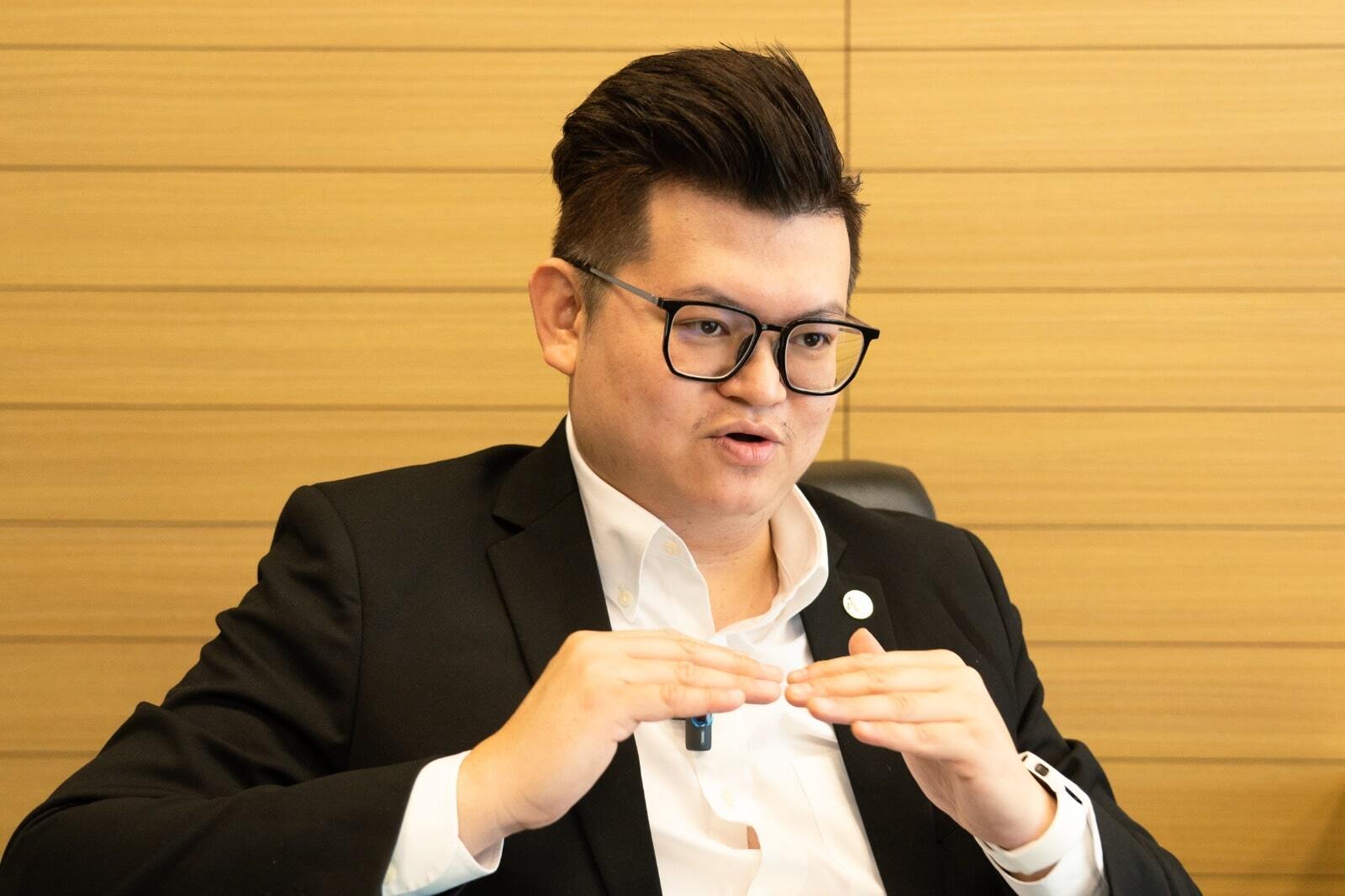KUALA LUMPUR, Sept 29 – Financing is the biggest problem in public health care that cannot simply be solved by increasing government allocations due to very limited fiscal room, said Dr Kelvin Yii.
At a recent dialogue on cancer care, the special advisor to Health Minister Dr Zaliha Mustafa tried to justify the case for the government’s planned transition into social health insurance (SHI), even as he provided scant details due to the political sensitivity of a new health financing model that previously failed under the Najib administration.
“We need to change the mindset of governments on how we allocate allocations to health care. It shouldn’t be seen as a fiscal expenditure, but an investment.
“That said, it’s easy to say it but it’s difficult to manoeuvre and to change because in the government’s budget itself, there is very little fiscal space. In the current health care funding system where it’s purely tax-based funding, we are even more limited,” Dr Yii said at the Siemens Healthineers’ “Creating a World Without Fear of Cancer” dialogue here last September 5.
The Bandar Kuching MP from the DAP said the Ministry of Health (MOH) has started looking at SHI models overseas, including Taiwan and Thailand, as a potential source of funding for public health care services.
“We cannot reach where we want to reach if it’s business as usual.”
Dr Yii said the government needs to work with the private sector because “financing is the biggest issue” in the public health care sector that affects not just infrastructure and medical equipment, but also human resources and labour.
The minister’s advisor later told CodeBlue: “The idea of an SHI scheme is to give a sustainable coverage for the different socio-economic income groups where different sources of funding, including from employers, are considered to help those especially in the M40, upper M20 groups and beyond.
“The B40 will likely be fully covered by the government, but such models and target groups have yet to be identified as different models are still being studied and adapted to local context in Malaysia.”
When asked if the SHI will benefit only select groups, with respective employee and employer contributions, Dr Yii said the SHI plan is still under study and yet to fully identify the different target groups, including contributing parties.
During the Najib Razak administration’s 1Malaysia initiative more than a decade ago in 2012, the government put forth a proposal for an SHI programme called 1Care that aimed to expand and pool health financing resources to provide treatment that is free at the point of care.
The 1Care proposal included a mandatory deduction of 10 per cent of one’s monthly gross salary to contribute to a National Health Financing Authority; the SHI scheme was also proposed to include employer and government contributions.
Patients would not be able to choose their own doctor under the scheme. Instead, the 1Care system would assign a doctor. Doctor visits would be limited to six per year. Any additional visits would be at the patient’s expense.
Besides protests from medical practitioner groups towards 1Care, the Opposition back then had also criticised the SHI scheme, with the DAP’s newsletter, The Rocket, publishing a cover story in 2012 titled: “1Care or 1Scare?”.
“The SHI gives an avenue for high levels of cross-subsidisation, an effort to have the rich subsidise the poor, the economically productive to help the dependants and the healthy to the ill. Sounds very socialist?” said the article by The Rocket then.
“Has the government spent so much on one off give-aways that it can no longer afford to provide health care at the current rate and is struggling to lasso in the private sector to pool resources? Are the national coffers drying up so fast that they need to extort money from the people?”
The current Anwar Ibrahim administration has begun outsourcing care to private facilities through the Madani Medical Scheme (SPM), administered by ProtectHealth Corporation, that provides the low-income fully subsidised treatment for acute conditions at private general practitioner (GP) clinics.
SPM, which has been expanded nationwide just three months after its launch last June, received RM100 million from the federal government; these funds are then used to pay SPM panel GPs based on a services list and fee schedule for consultation, medication, investigations, and therapeutic procedures, while beneficiaries pay nothing at the point of care, subject to certain benefit limits for the year.
Dr Yii also said funding is needed to address the lack of trained oncologists, nurses, and medical assistants in the public health care sector that treats 70 per cent of the Malaysian population.
“We need to fund them. Of course, not as high as the private sector but competitively so that they stay within the system,” he added.
Anwar’s government has previously expressed commitment to raising health care spending to five per cent of the gross domestic product (GDP). However, it is unclear what is meant by this as Malaysia’s total health expenditure across the public and private sectors has already hit 5.1 per cent of the GDP in 2021.
In Budget 2023, the government announced a RM36.3 billion allocation for the MOH, a 12 per cent increase from the RM32.41 billion allocated the previous fiscal year. The MOH’s operating expenditure for the current year is also set to rise by 12.4 per cent (RM3.47 billion) to RM31.5 billion, up from the RM28.03 billion allocated in 2022.








